When you’re faced with a big challenge and you feel stuck, you have so many different places to turn. And while friends and family are usually happy to help, sometimes you just need an outside opinion. Maybe you’ve got a trusted mentor to talk with. Or you could hire a therapist — or a life coach!
(By the way, I don’t consider myself a life coach — especially since I specialize in career transitions, not just “general life stuff” — and I don’t like the term. More on that later. But “life coach” isn’t going anywhere, so you’ll still see me use it… just not about me.)
Anyway — what does each of these specialists do best? What do coaches and therapists have in common? And what’s the right choice for your self-improvement path?
In this post, we’ll look at:
- The differences between these specialists
- What type of support you can expect from both therapy and coaching sessions, and from your mentors
- How to know which one(s) are the right choice for the challenges you’re facing now
What’s The Difference Between A Life Coach vs. Therapist or Mentor?
Off the top of your head, you might think it goes something like this:
- Therapists: Pretty much the catch-all for mental health issues and other problems — past, present, and future
- Mentors: Since they have lots of lived experience and advice to give, they can tell you exactly how to solve your professional challenges
- Life Coaches: People who create detailed programs to guarantee great results, so you can sit back and get ready for success
These may be common understandings, but there are some misconceptions and generalizations here that could throw you off track.
So let’s look deeper.
Who Should I Choose If My Main Goal Is To…
| Therapist | Mentor | Coach | |
|---|---|---|---|
| Process My Past | x | ||
| Get Advice From Someone Who’s Been Where I Am | x | ||
| Build Action Plans For Future Goals | x | ||
| Get Feedback On Current Challenges | x | x | x |
| Just Vent | (nope) | (no) | (n-o) |
To be clear, this chart just helps show you the best fit for your main goal. So:
- If you do ask your therapist for advice, they might give it to you.
- Your mentor can probably help you build action plans, especially if they have a leadership background.
- If something from your past comes up in a life coaching session, you aren’t “doing it wrong.”
But Wait — What’s Wrong With Venting?
Jumping in here with my own thoughts:
When it comes to personal growth, I believe that we can all make the choices that are best for us in the end. So you won’t usually catch me making definitive statements without wiggle room.
But/and, here’s one:
It’s a waste of your money to hire any personal development professional if you just want to vent, without making changes.
(Since you don’t typically hire/pay a mentor, it’s up to the two of you to decide if venting has a place in your mentor meetings.)
It’s not that venting isn’t a useful tool for a frustrating situation. It is, and we all need it sometimes.
It’s also true that both life coaching and therapy are based upon listening to the client — but we’re not here just to listen. Coaching services and therapy sessions aren’t cheap, and you’re not getting the full value if you aren’t really interacting with the person you’re paying.
Although we all have different types of expertise and provide different forms of support, you need to be in a place of wanting support for any of that to matter.
So the next time you need to get it all out and really don’t want any feedback, ask your friends or family if they have space to let you vent.
And before you dive in, let them know that you don’t want advice or solutions!
What If I Don’t Have Anyone To Vent To Right Now?
Some solo alternatives to venting include:
- Journaling: What happened that made you upset? How do you feel? When have you felt like this before?
- If you get on a roll, move into forward-thinking prompts: How would you like to feel? What do you think is keeping you stuck here?
- But don’t force this: if you find these prompts annoying, you might still be processing and just need to feel the feels.
- Talking to Yourself: Talking to myself is SO helpful for me that I don’t just do it at home. I’ve been that person you see talking to herself in the grocery store or while walking around town.
- Why?
- It helps me break through patterns of thinking that just won’t budge when it’s all jumbled up in my head.
- Give it a try! (It doesn’t have to be in public, unless you want to shoot straight to Expert level like me.)
What Is A Therapist?

TL;DR: Navigating “why,” handling severe mental health challenges, and processing the past are key reasons to choose a therapist over a mentor or coach.
A great thing about social media is that it’s helped reduce the stigma of seeking mental health treatment, including therapy.
But with all the memes, TikToks, and armchair psychologists comes a lot of confusion about what a therapist actually does, as well as what clients can expect from therapy.
Of the 3 specialties we’re covering in this post, one major difference is this:
Therapy is the only one of these specialties that’s truly set up to help clients work through the past — trauma, post-traumatic stress disorder (PTSD), and other issues rooted in past experiences.
That doesn’t mean therapy focuses only on unpacking the past: many licensed therapists tend to help clients navigate current challenges and concerns about the future, too. But —
If you feel stuck in the past or unable to move through a difficult memory or trauma, seeking mental health care from a licensed therapist is the right choice. (But you should know that therapists do not prescribe medication for mental health conditions. You’ll need to see a doctor for that.)
And it’s not a coincidence that it takes far more training to become a licensed therapist compared to a certified coach. You typically need at least a master’s degree and, in my home state of Washington, 3,000 clinical hours.
Most coach training programs are far less involved (training programs range from a few months to a year or so, and as few as 100 hours). Plus, coaching strategies do not equip us to properly support clients through processing trauma.
Unless your mentor is also a trained mental health professional, they won’t be a good choice to help you with this, either.
What Is A Mentor?

TL;DR: A mentor is someone in your professional network whom you go to for advice, whether ad hoc or regularly scheduled. Usually an unpaid arrangement.
A mentor is usually someone you’ve met through your employer or by networking. They probably have skill sets that you want to build yourself or are in a role that you want to be in someday.
In general, mentors aren’t mental health professionals (unless you’re seeking mentorship to provide mental health care!). And mentoring isn’t usually a paid position. Since there are no standards or employment agreements in place, the dynamic can really be anything you want.
This might be a boss-employee type dynamic, a colleague or team-member feel, or even the heart-to-heart approach that a parent or friend might take.
In any case, as a mentee, you’re usually there to learn about your mentor. Their career, their experiences, their life lessons, and how they got to where they are.
So you’re usually seeking perspective and advice.
You want to know how they would handle a situation you’re in now. You might also get the story of how they actually handled it when they went through the same thing.
As they share their experiences and thoughts with you, your mentor will hopefully encourage and guide you to blend their advice with trusting your gut. And that technique is closely aligned with coaching.
What Is A Coach?

TL;DR: A coach supports you to set your most important goals, identify roadblocks, design actionable steps, and begin the journey to achieve those goals.
What We Think Coaching Is
When we first hear “coach,” a lot of us think of sports. So we think of an experienced person working with individuals or groups, teaching them to perform a set of skills in the coach’s preferred way.
But a lot of us also jump straight to “life coach,” and that comes with assumptions, too. At face-value, a life coach is… someone who teaches you how to do life? Definitely not a mental health professional, anyway.
Personally, when I hear “life coach,” I think, “Person who gets paid a lot to act like they know better than you.” And when I hear “life coaching sessions,” I think, “Paying someone to tell you what to do based on their personal experiences.”
And folks, I COACH. I’M A CERTIFIED COACH. But that’s what I thought before my training! And so I’ve got to imagine it’s what a lot of you think, too. And that is why I don’t like the term, and why you won’t hear me using it to refer to myself.
But in short, I used to think of a coach as someone who would pass their personal knowledge and experience on to you.
“Career coaches” would presumably teach you how to interview or what to fix on your resume. “Relationship coaches” would probably tell you what a successful relationship looks like and help you get there. Right?
What (Great) Coaching Actually Is
But outside of sports, coaches aren’t always teaching the skills in that specialty. Instead, they are…
- Listening
- Helping you to understand yourself better
- Supporting you as you create concrete plans to bring your dreams to reality
In short, the best coaches don’t tell you what to do!
Read that again — A GOOD COACH DOESN’T TELL YOU WHAT TO DO.
But it’s important to know that not every coach’s approach is the same, especially if they haven’t gone through a training program vetted by the International Coaching Federation (like I did).
Some coaches do focus on skill-building, and may give you a specific curriculum with checkpoints — this is known as “blended coaching.” In career coaching, this could include offering resume reviews and mock job interviews.
Personally, I’ve chosen not to focus on this. Why? I’m definitely qualified — I’ve interviewed and hired dozens of people in my career. But I’m not as passionate about that part. I’d rather go further back in the process — to help people discover personally fulfilling career goals.
If you do want more tactile support for hard skills, a career counselor might be more up your alley.
But then there’s “pure coaching.” This is based on supportive listening to help you become aware of challenging thoughts and limiting beliefs that are holding you back. In career coaching, this could be a focus on self-discovery, like helping you explore that lingering feeling that you don’t want to stay in your current industry forever. (Bingo — that’s me!)
Learn about my private coaching services here!
Some coaches do both of those things, and some do neither.
All that to say:
In general, coaches are trained to treat clients as whole, complete individuals who have the answers inside themselves.
But, don’t expect every single “[Life] [Career] [Sobriety] [Relationship] [Parenting] Coach” to offer the same type of support.
How Do I Pick The Best Coach For Me?
To be sure the coach you’re looking at is the right fit for you:
- Explore their website
- Check out their social media
- Fill out their contact form
- Read their blog
- Download their resources
- Ask friends/family/colleagues for referrals
So now that you know how therapy, mentoring, and coaching differ, what feels like the best fit for you?



